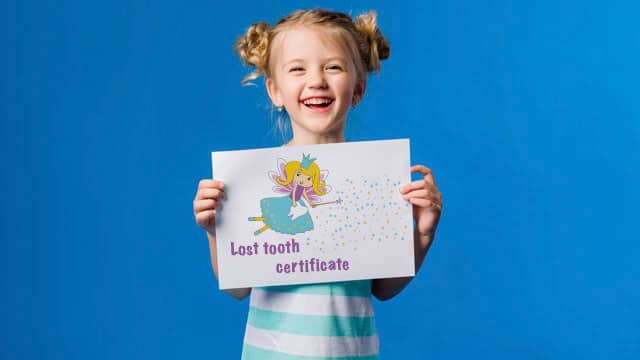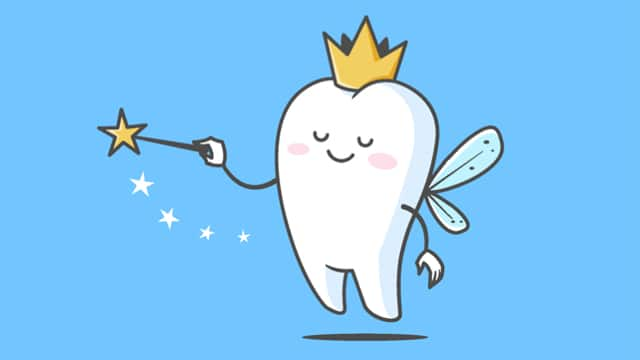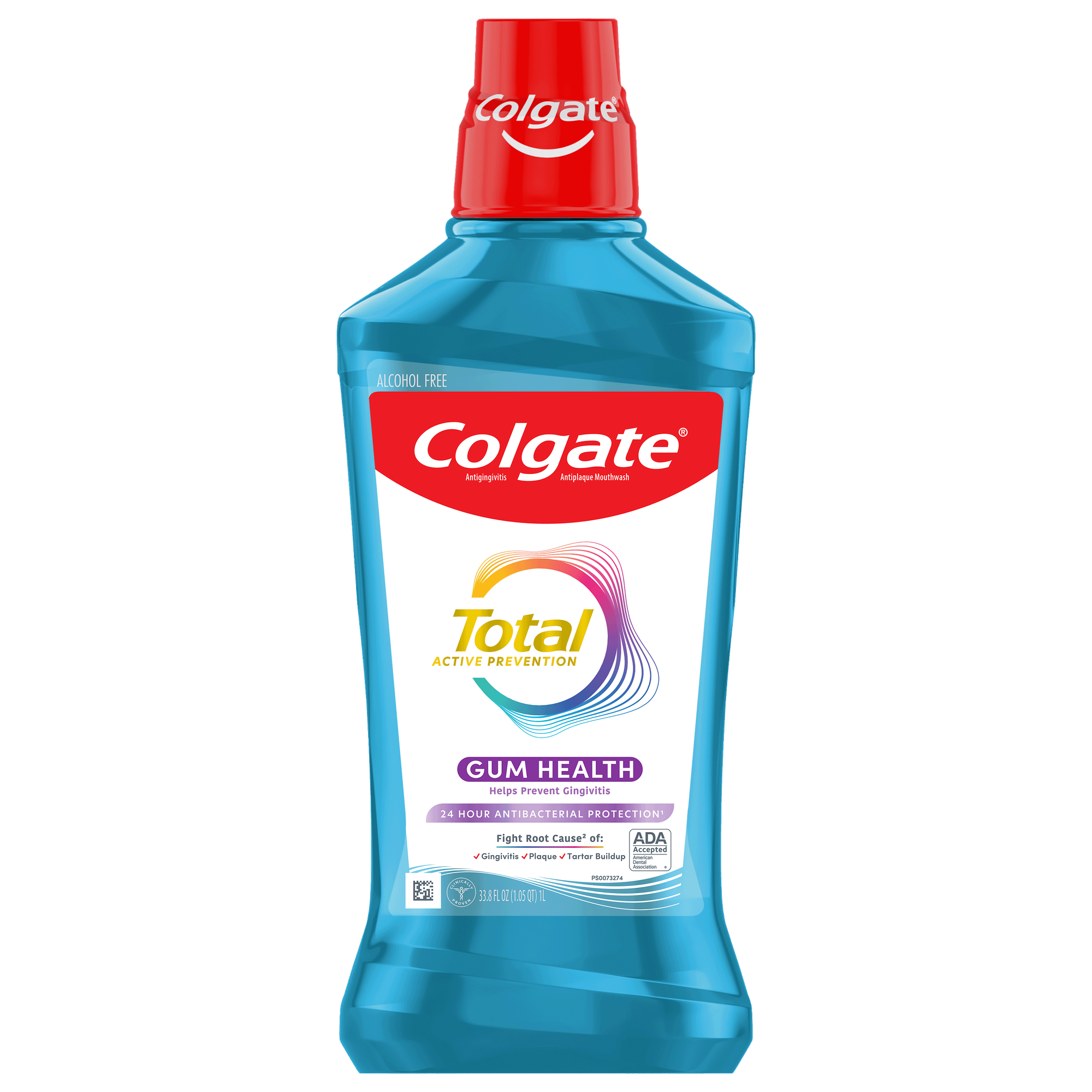What to Write in Your Tooth Fairy Letter
When deciding what to write about as the tooth fairy, the possibilities are endless. Just remember, your child has a lot of teeth, so keep things short and don't use up all your ideas in the first letter. It also might be smart to keep copies of your previous letters, so you don't accidentally write about the same topic. Your note could talk about:
- The importance of oral hygiene. Remind your child to brush their teeth twice a day. Teach them proper flossing technique. Or compliment them on the healthy condition of their teeth.
- The circumstances around losing the tooth. Did your child tie it to the doorknob? Did it come out in a cob of corn? Did they take it to school and lose it? A quick mention of the situation can add a personal touch.
- The answers to their tooth fairy questions. The tooth fairy is magical and mysterious, so your naturally curious child probably has many questions. Check out the answers to frequently asked tooth fairy questions below and use this opportunity to fuel their imaginations.
Answers to Children's Tooth Fairy FAQs
The tooth fairy is a fun but fictional character, so there's no right answer to some of these questions. Be as creative in your storytelling as you wish, but if a particular question finds you stuck, these answers make an excellent starting point.
What Does the Tooth Fairy Do With All the Teeth?
Perhaps the tooth fairy sends lost teeth into the sky to become stars. Maybe the healthy teeth get used as bricks for her tooth fairy castle. Maybe she grinds them all down to make magical fairy dust. Or, most likely, it's the tooth fairy's best-kept secret.
Are There Many Tooth Fairies or Only One?
The answer depends on your family's story. If there's only one, merely signing your letter from "The Tooth Fairy" is an easy way to show it. If there are many tooth fairies, you can give your child's fairy a name and personality to interact with for extra fun. Multiple tooth fairies may also be a great way to explain why some children receive notes, and others just get cash.
How Old Is the Tooth Fairy?
Technically, she's just north of 100. The first known reference to the tooth fairy appears in the Chicago Daily Tribune's "Household Hints" column from September 1908. However, fairies tend to age slowly, so make up whatever number you wish.
How Does the Tooth Fairy Know When to Come?
Some stories say there's a golden bell in the tooth fairy's castle that chimes whenever a child loses a tooth. She waits until nightfall to fly to the child's home and collect the tooth while they are sleeping. Others claim the tooth fairy has many helpers that monitor the child's toothbrushing habits and let her know when they lose each tooth.
How to Design Your Personalized Tooth Fairy Letter
You can choose to keep your tooth fairy letter as straightforward or as artistic as you desire. Still, remember that you're setting a precedent — for future lost teeth and younger siblings — so keep things manageable.
- First, start with the paper. A plain sheet of white paper works just fine! If you want to do even more, you can buy special stationery or browse the internet for a free tooth fairy letter template.
- Second, decide how to write. Typing out the letter in a fun font will disguise your handwriting and keep all your past messages saved in one spot. However, if you don't have a printer, you can use a fine point pen to write the note in your tiniest block letters.
- Third, add the finishing touches. Glitter and stickers are always a good idea. You could also include an envelope with a fake return address so your child can practice writing thank you notes for the gift.
Tooth fairy letters are one of many ideas to make losing a tooth a magical event. If you're looking for ways to encourage your child to brush regularly and floss their new permanent teeth, a letter from the tooth fairy is a great place to start.
This article is intended to promote understanding of and knowledge about general oral health topics. It is not intended to be a substitute for professional advice, diagnosis or treatment. Always seek the advice of your dentist or other qualified healthcare provider with any questions you may have regarding a medical condition or treatment.
ORAL HEALTH QUIZ
What's behind your smile?
Take our Oral Health assessment to get the most from your oral care routine
ORAL HEALTH QUIZ
What's behind your smile?
Take our Oral Health assessment to get the most from your oral care routine














